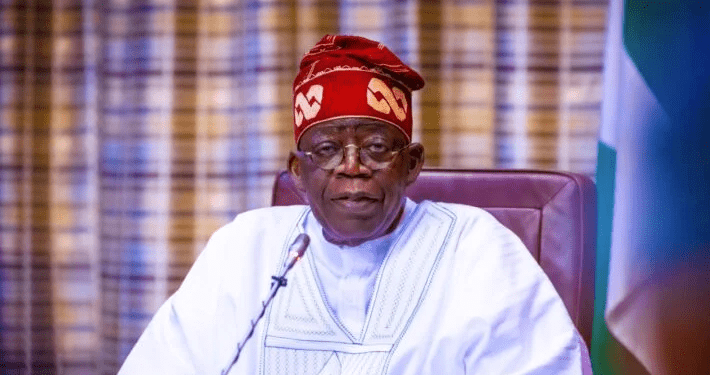Some economic experts have urged President Bola Tinubu’s government to moderate borrowing to check the country’s debt profile.
The experts spoke in an interview with journalists on Sunday in Abuja against the backdrop of the recent approval of a fresh external borrowing plan of over $21 billion for the 2025–2026 fiscal cycle by the Nigerian Senate.
According to Ken Ife, a development economist, there is nothing wrong with borrowing, but the question is, where do we employ this borrowing?
“Where do we put the money? How do we use the money that we borrow? That’s one question that we have not answered.
“It means the borrowing is for consumption, and because it is for consumption, nothing has been produced,” he said.
Mr Ife, a lead consultant on Private Sector Development to the ECOWAS Commission, urged the federal government to strictly implement the fiscal responsibility law, which stipulates that government borrowing should be for development.
“Also, the law wants cost-benefit analysis; it also anticipates that when you are going to build infrastructure, you should be considering economic corridors.
” You should be considering industrial corridors, commercial corridors, residential corridors, so that infrastructure is going to be fully utilised,” he said.
A financial expert, Uche Uwaleke, who also spoke to journalists, said the country’s rising debt directly resulted from low domestic resource mobilisation.
Mr Uwaleke is the director of the Institute of Capital Market Studies, Nasarawa State University, Keffi.
According to him, the weak structure of the economy, which unduly relies on revenues tied to the vagaries of the international crude oil market, is also responsible for the debt profile.
He said a growing debt profile may be justified by the huge infrastructure gap in Nigeria.
“The implication is huge opportunity cost considering the fact that critical sectors requiring attention, such as education and health, are starved of funds,” he said.
According to him, the Fiscal Responsibility Act 2007 spells out that government borrowing must be long-term, concessional, and applied to capital projects and human capital development.
He said that tying government loans to self-liquidating projects ensured sustainability.
“Regrettably, the FRA 2007 has no enforcement provisions. It needs to be amended to make it difficult for any tier of government to borrow for purposes outside of the ones stipulated,” he said.
A former president of the Chartered Institute of Bankers of Nigeria (CIBN), Okechukwu Unegbu, said the country’s debt profile was embarrassing.
Mr Unegbu also called for fiscal prudence and effective deployment of earned revenue to reduce the dependence on borrowing.
Nigeria’s total debt reached N149.39 trillion in the first quarter of 2025, according to the Debt Management Office (DMO).
This represents a year-on-year increase of N27.72 trillion or 22.8 per cent compared to the same period in 2024.
The increase is partly attributed to new borrowings by the federal government and the depreciation of the Naira, which impacts the local currency value of external loans.
Government debt represents the total amount of money that the federal government, the 36 state governments and the Federal Capital Territory (FCT) are obligated to repay their lenders, both within the country and internationally.
Nigeria’s debt has intensified to concerning heights, with forecasts suggesting that the nation’s overall debt could reach N187.79 trillion by the end of 2025.
This scenario has arisen from a complex combination of factors, including extensive borrowing practices, currency devaluation, and inadequate financial governance.
(NAN)






